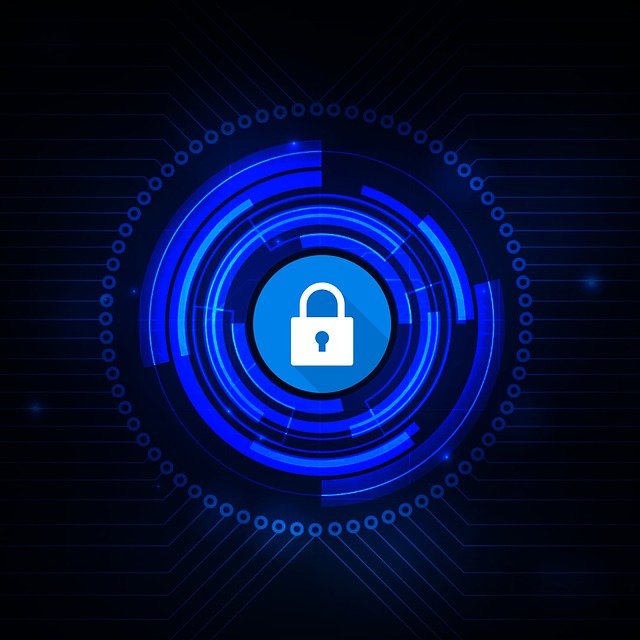Perils of working from home: The cybersecurity dilemma – Digital Journal
Image by Tim Sandle of a computer being used at work.
New data on ‘working from home’ cybersecurity indicates that more needs to be done in order to secure the home office. As an example, 58 percent of U.S. citizens admits to downloading or installing non-company authorized softwa…….

Image by Tim Sandle of a computer being used at work.
New data on ‘working from home’ cybersecurity indicates that more needs to be done in order to secure the home office. As an example, 58 percent of U.S. citizens admits to downloading or installing non-company authorized software. While people may feel they are being productive and keeping work top of mind, they unknowingly are putting their employers at risk.
Looking at this trend, Unisys Chief Security and Infrastructure Officer Mat Newfield tells Digital Journal: “With cyberattacks constantly in the headlines, the average consumer is experiencing a level of ‘data breach fatigue.’ However, this puts businesses at risk.”
He adds that “Without proper network defenses, one click from an employee working from home opens up other access points to the network, which typically is made up of more than one cloud environment. This could put your company’s IP, assets and data at risk, which is why leaders need to re-think how and where they focus their attention.”
Newfield presents a set of consumer friendly ways to secure the work from home office, which are made available to readers. These are:
- Use a separate Wi-Fi hot spot to access work systems when WFH. Separate the network you use to access work systems from the one the rest of your household uses (e.g., for playing games or remote schooling). If multiple people work from home, consider each having their own Wi-Fi hotspot for work.
- Segregate the Wi-Fi you use to connect your smart devices (e.g., digital assistant, baby or pet monitor, smart TV, video doorbell, or temperature controls). Use the Guest Wi-Fi option on your router for your IoT devices (ask you telco provider how to set it up). This prevents those devices and apps being used to access your computer or connection to your employer’s systems.
- Always lock your work device when you walk away from it. You might love and trust your family or housemates, but don’t provide the opportunity for them to accidently click on a malicious link or webpage when accessing their social media on your laptop or phone.
- Be aware of who or what can hear your confidential conversations. Even if you are working on a separate Wi-Fi network, could a nearby smart speaker or digital assistant accidently be activated by your voice? Or can other people in your home hear your conversation? Especially as we tend to speak louder when wearing headphones. Find a quiet room for confidential conversations.





